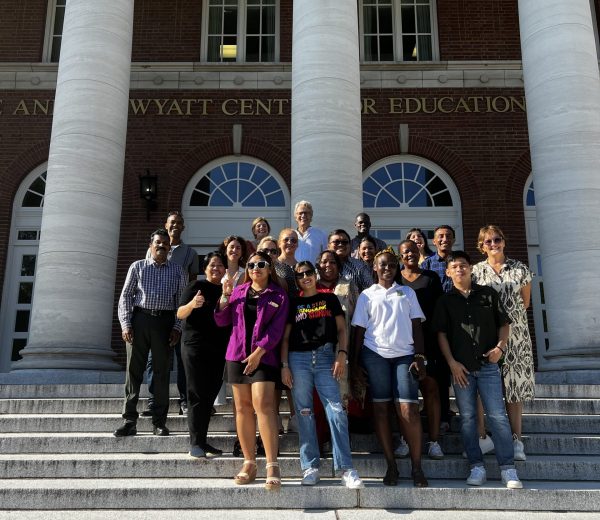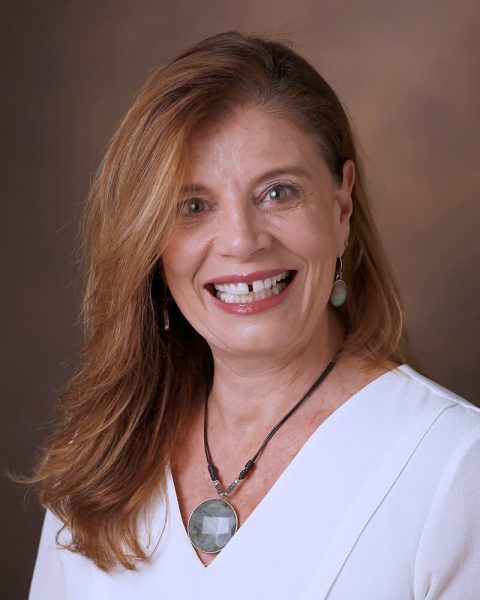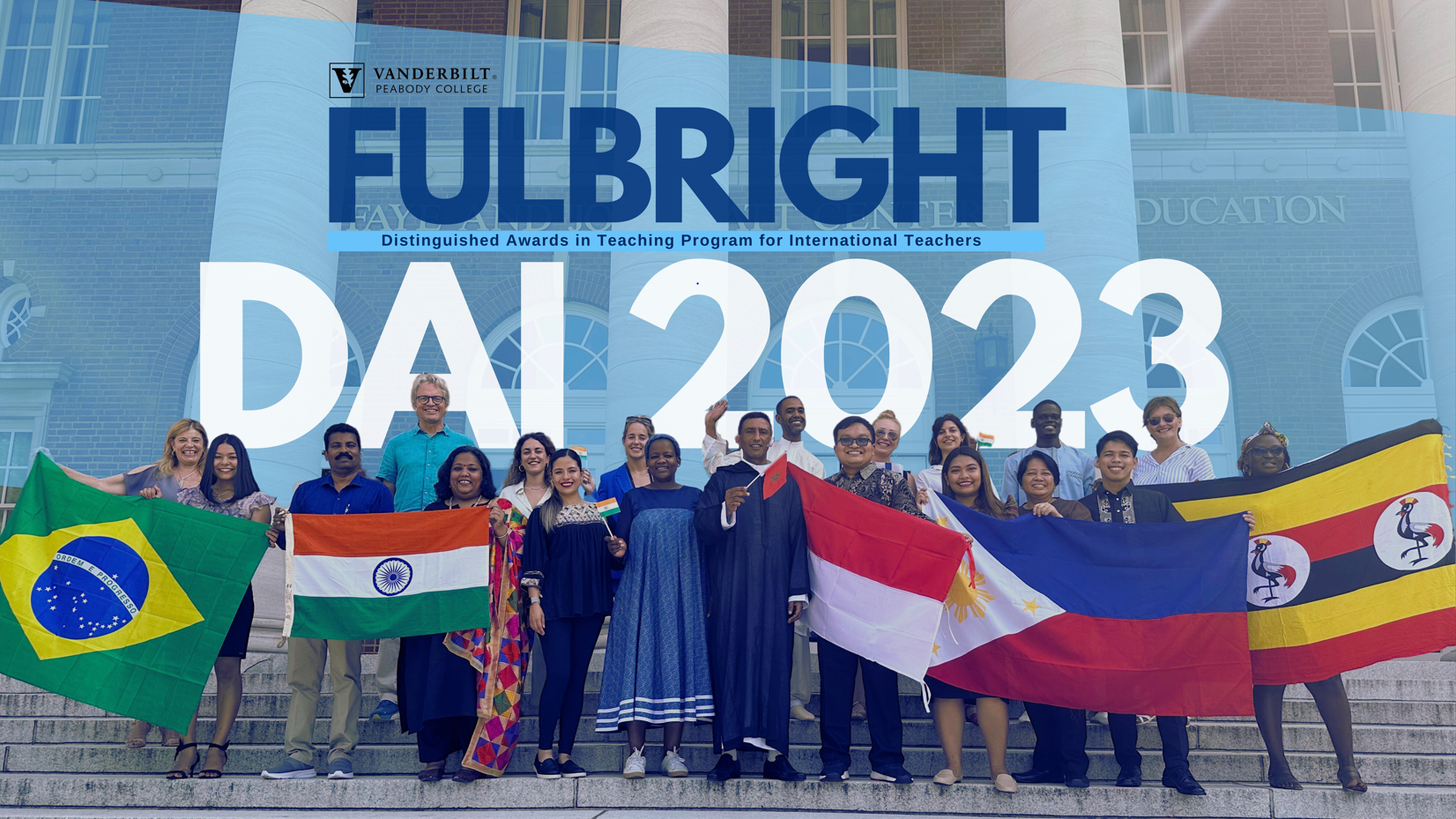By Jenna Somers
This semester, the Department of Teaching and Learning at Vanderbilt Peabody College of education and human development hosted its first cohort of 17 Fulbright Distinguished Awards in Teaching (DAI) Fellows. Supported by the U.S. State Department and administered by the International Research and Exchanges Board, the Fulbright DAI Fellowship allows outstanding international preschool-12 educators to study for one semester at a U.S. university and to collaborate with American colleagues at public, private, and charter schools. Vanderbilt is one of only three U.S. institutions to host Fulbright DAI Fellows this year. Teachers in the Vanderbilt cohort are from Botswana, Brazil, Finland, Greece, India, Indonesia, Ireland, Mexico, Morocco, the Philippines, Senegal, Uganda, and the United Kingdom.
During their semester at Vanderbilt, the fellows took a teaching seminar, worked on education-related research projects, taught collaboratively with teachers from Metro Nashville Public Schools and the Susan Gray School, and audited a course of their choosing in the Department of Teaching and Learning, among other activities.



“Every one of the fellows is a wonderfully imaginative teacher whose passion and commitment to teaching is reflected in their resourcefulness. They come from countries of diverse economic circumstances, but they all approach teaching with a resource-forward mindset. I think this experience of bringing their knowledge and expertise to American classrooms has reaffirmed their identities as outstanding educators,” said Kevin Leander, co-director of the Fulbright DAI Fellows program and professor of teaching and learning.
Leander led the teaching seminar in which the fellows were presented with cutting edge research by faculty from the Department of Teaching and Learning related to the course themes: learning across languages and literacies, learning across sites and contexts, and learning through different modalities.
During the semester, Peabody faculty also guided fellows to develop research projects related to education concerns in their home countries, from which they could design new curriculum, pedagogy, teaching tools, and other interventions to implement and evaluate in schools back home.
The research project of Eva Iliadi, a Fulbright DAI Fellow from Greece, culminated in the design of a board game for adolescents to learn about—and develop agency to improve—human rights. Iliadi holds a master’s degree in human rights and has taught in refugee camps in Greece to children displaced from their homes, mainly in the Middle East and Central Asia. Inspired by both the perspectives of her students in the camps and in public schools, as well as their lived experiences, Iliadi designed the board game to teach adolescents to think critically about human rights concerns from a decolonial, non-euro-centric mindset while players work collaboratively, as activists, for example, to address human rights concerns.
“I am very grateful for the support that we received from Chris, Kevin, Project Coordinator Burcak Kaynar, and all the faculty who shared their knowledge with us and helped us develop research projects that can empower our students back home,” Iliadi said. “Coming to an institution committed to education and that takes research very seriously by making sure that it is grounded in fixing systemic problems has been an amazing experience for me as a teacher.”
In another research project, Ansherina Banzon, a Fulbright DAI Fellow from the Philippines, examined ways of promoting a more nuanced understanding of language diversity within educational spaces in the Philippines. Drawing on a theory of linguistic landscapes, she aims to underscore the significance of public signage on influencing the dynamic formation of spaces and seeks to challenge current classroom signage policies in the Philippines.
“During my time at Peabody, the exposure to cutting-edge research resources, collaborative endeavors with experienced educators, and the time I spent in my partner school have elevated my knowledge and skillset to new heights. On a personal level, the supportive community at Peabody has fostered an environment of continuous learning and growth,” Banzon said.
Teaching collaborations with MNPS and Susan Gray School educators offered fellows an immersive experience into the American education system as they helped teach and develop lesson plans. These experiences allowed the educators to think about new teaching theories and methods, as well as practices for engaging students.
“Many of our MNPS partner schools and teachers shared their gratitude for the expertise the fellows brought to their classrooms and their engagement with students,” da Silva said.
To conclude their semester at Peabody, the fellows will visit Washington, D.C., from December 11 to 14 to present their research projects before flying home.
“I think for many of the fellows, this was an opportunity for them to try on a new identity as a researcher-teacher and to do so at an institution with top-notch researchers in teaching and learning,” Leander said. “It’s allowed them to think about themselves in ways they may not have previously, possibly opening doors for them to further their visions for education.”
